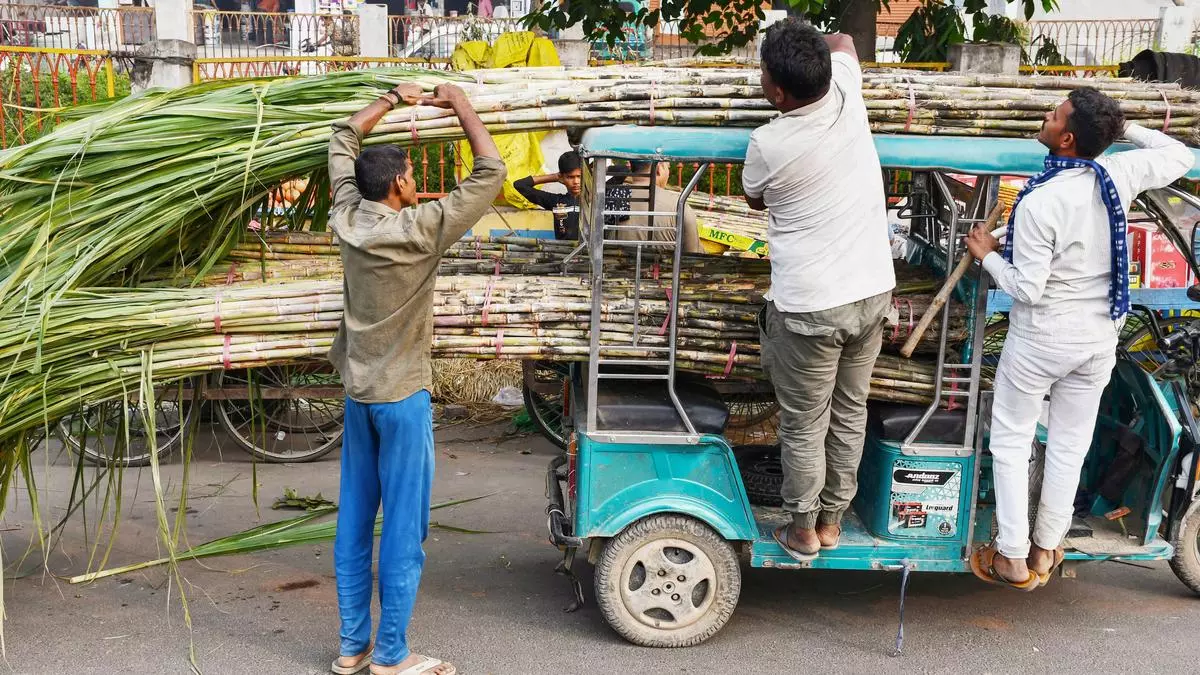Cutting Through Democracy: The dilemma of Maharashtra’s sugarcane workers
In the heart of Maharashtra, where the fields tell stories of both sweat and survival, an unseen battle rages — one that pits the right to vote against the right to live.
Over 9.7 crore voters are poised for the assembly polls on November 20, but for the hundreds of thousands who toil beneath the blistering sun, the day holds little promise.
Among them, over 9 to 10 lakh sugarcane cutters, with half being resilient women, bear the burden of powering Maharashtra’s mighty sugar industry.
Beed district, the land known as the cradle of these cutters, now echoes with silence, its once-bustling villages reduced to empty shadows.
Migration has drained Beed’s lifeblood. Families clutching at the fragile hope of wages have poured out of their homes, journeying to Karnataka, Telangana, and Tamil Nadu, while others trail towards Western Maharashtra, drawn by the throbbing hum of sugar mills ready to begin the season.
The crushing season has been set to commence on November 15, following a government decision, though neighboring states like Karnataka have already raced ahead, luring Maharashtra’s labor force into their embrace.
- Also read: Maharashtra Elections 2024: Central Railway to run special suburban trains for voters convenience
Amid this exodus, a sense of panic reverberates through the Sangli and Kolhapur sugar belt. The fear is palpable: if the mills don’t start churning soon, the sugarcane might be whisked away to Karnataka, leaving them empty-handed and watching helplessly.
Contracts sealed with the formidable mukadams bind the cutters in chains of obligation. The mukadams, herd their workers hauling them to the fields. “Once you leave for the season, you don’t come back. Not even if death comes calling at your doorstep,” says Dwarka Waghmare, a sugarcane cutter.
Political parties in Marathwada, especially in Beed, scramble to keep the cutters tethered until the vote is cast. But promises falter against the cold reality of debt. For those who have taken the advance payments from mukadams, not showing up means paying steep fines, a luxury they cannot afford.
“There’s talk that a few might be dragged back to vote if candidates cover the travel cost,” admits Manisha Tokale, the president of the Women Sugarcane Cutters Association.
“But those who have crossed into other states or distant districts are lost to this election — the candidates won’t pay for them.” she fears the specter of fraudulent votes cast in the names of absent cutters.
